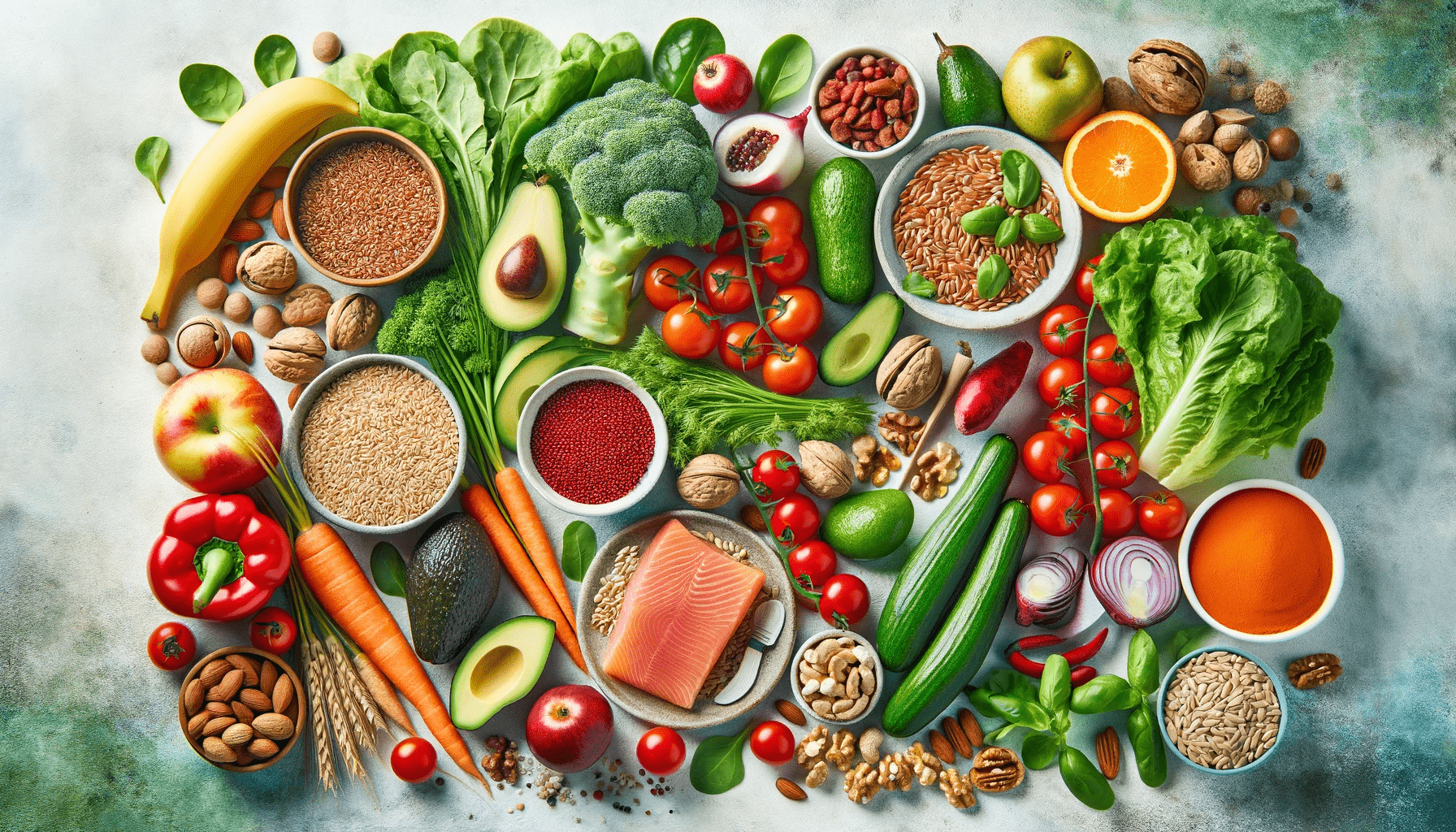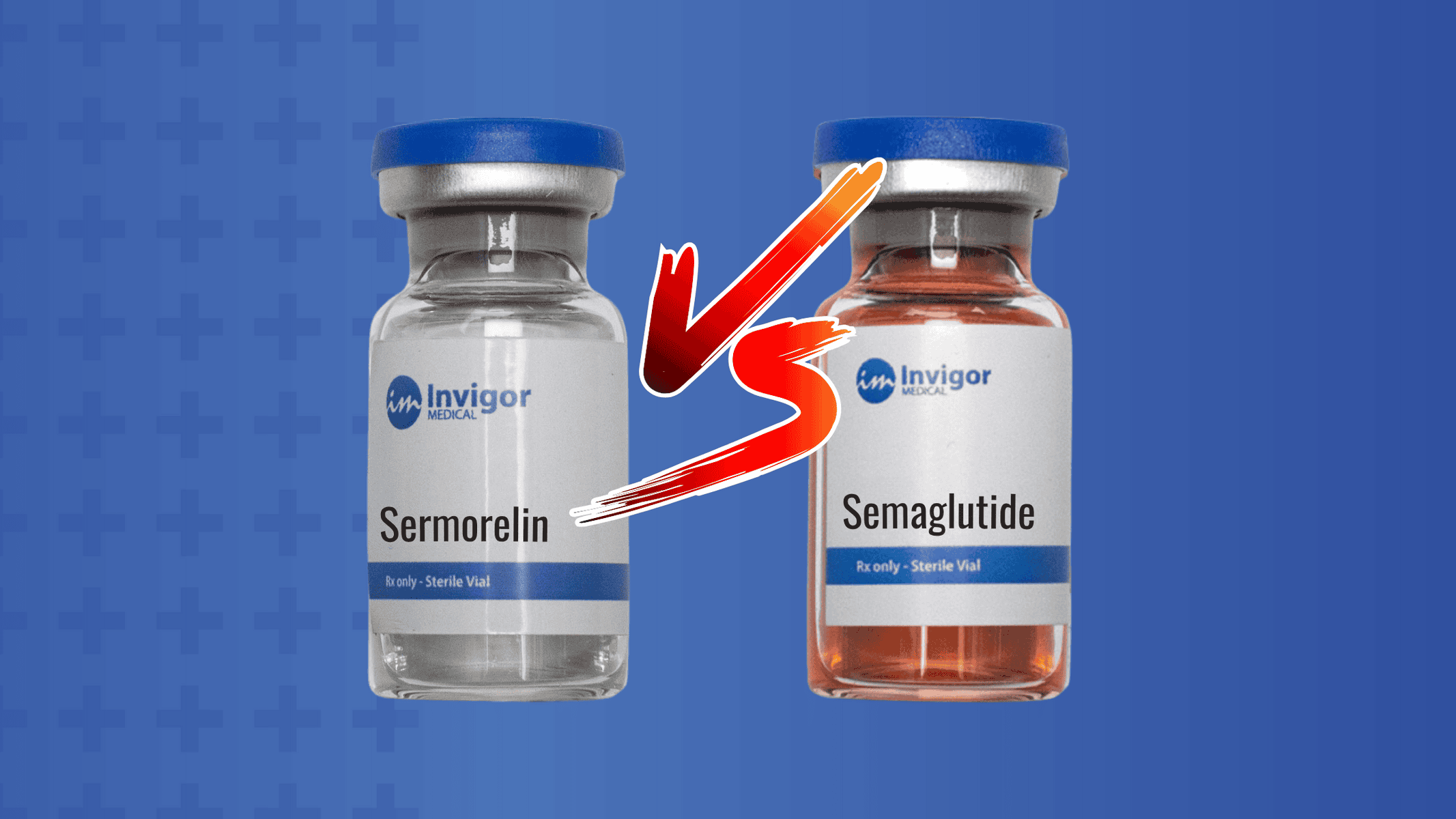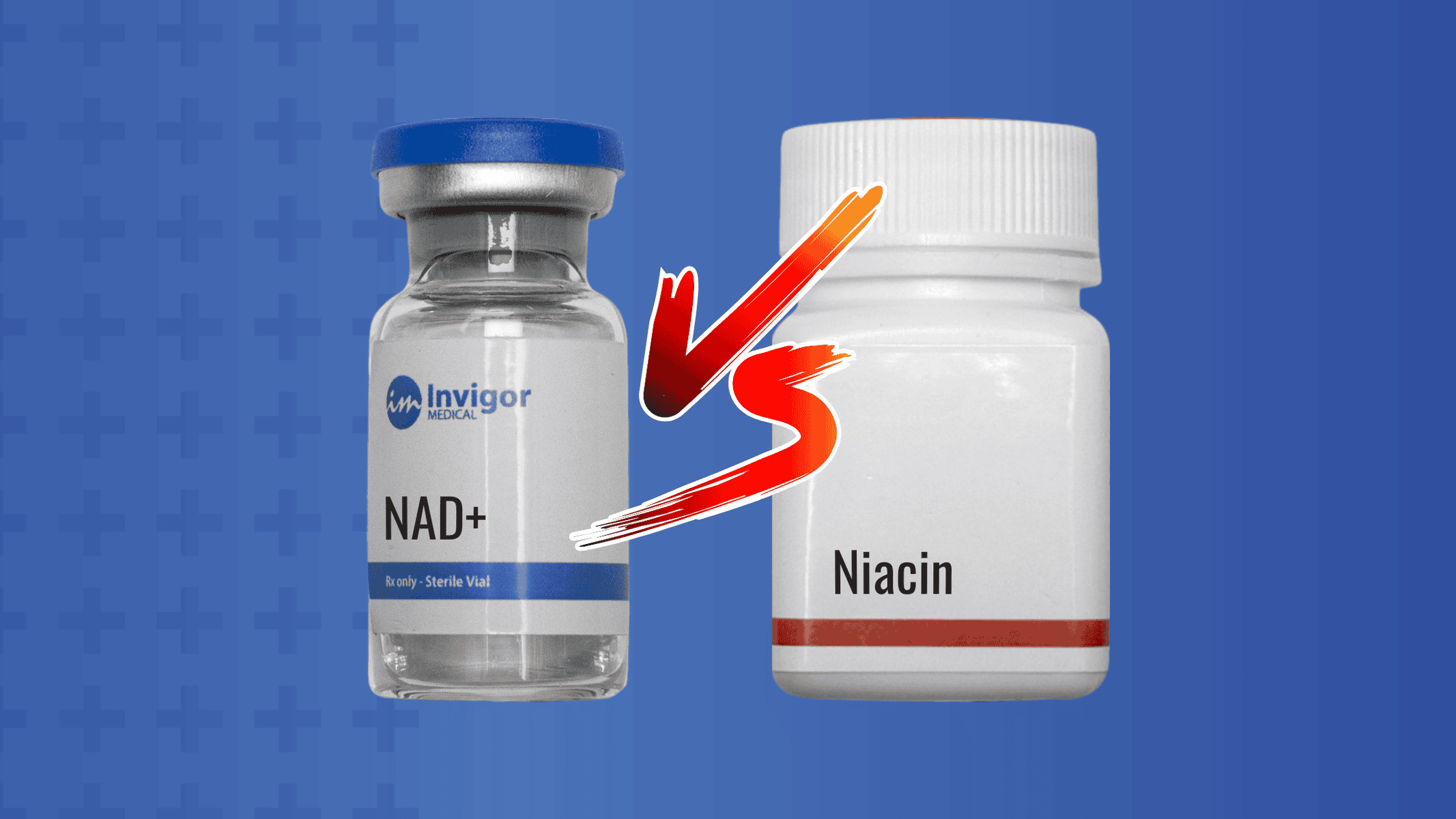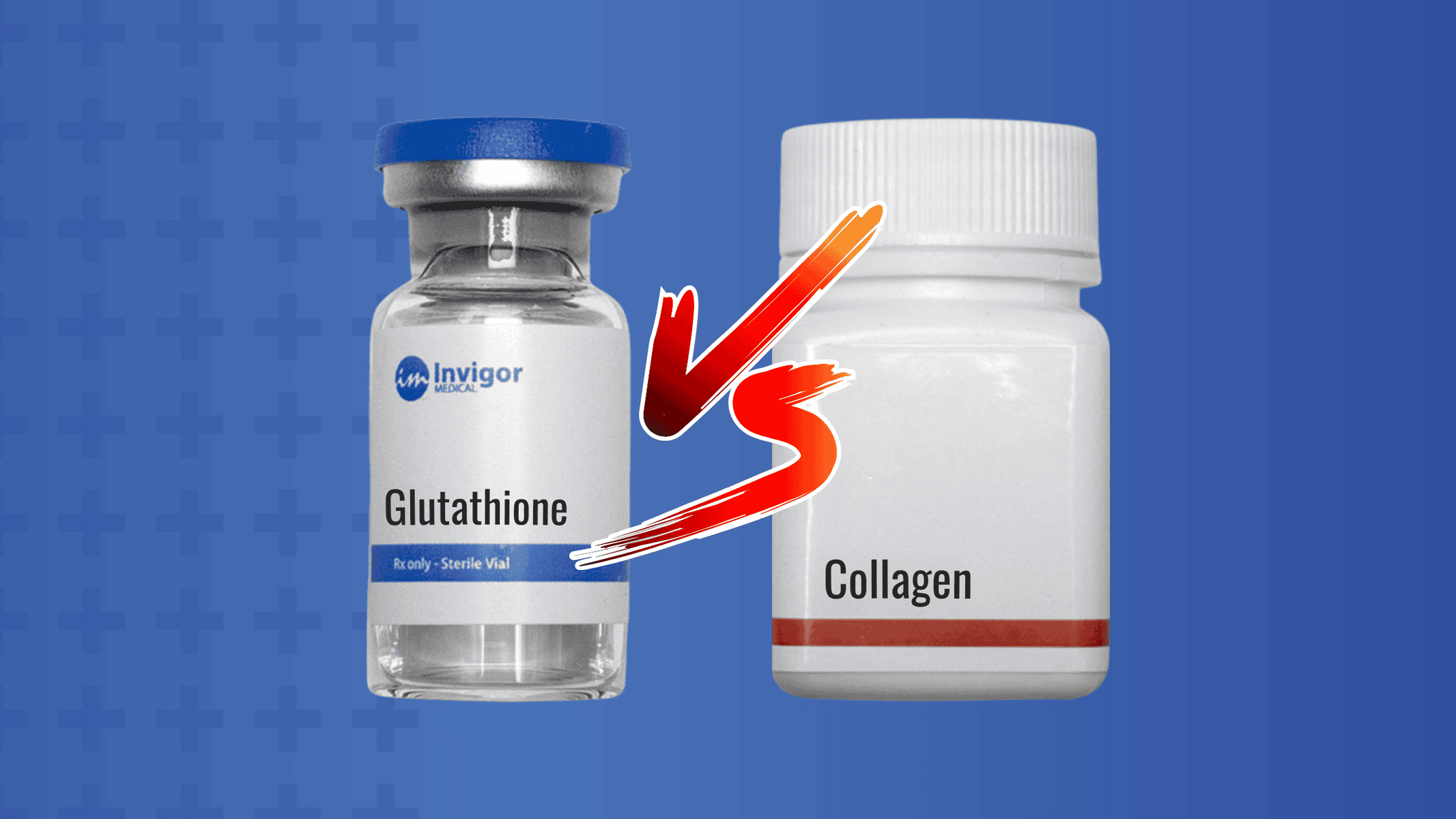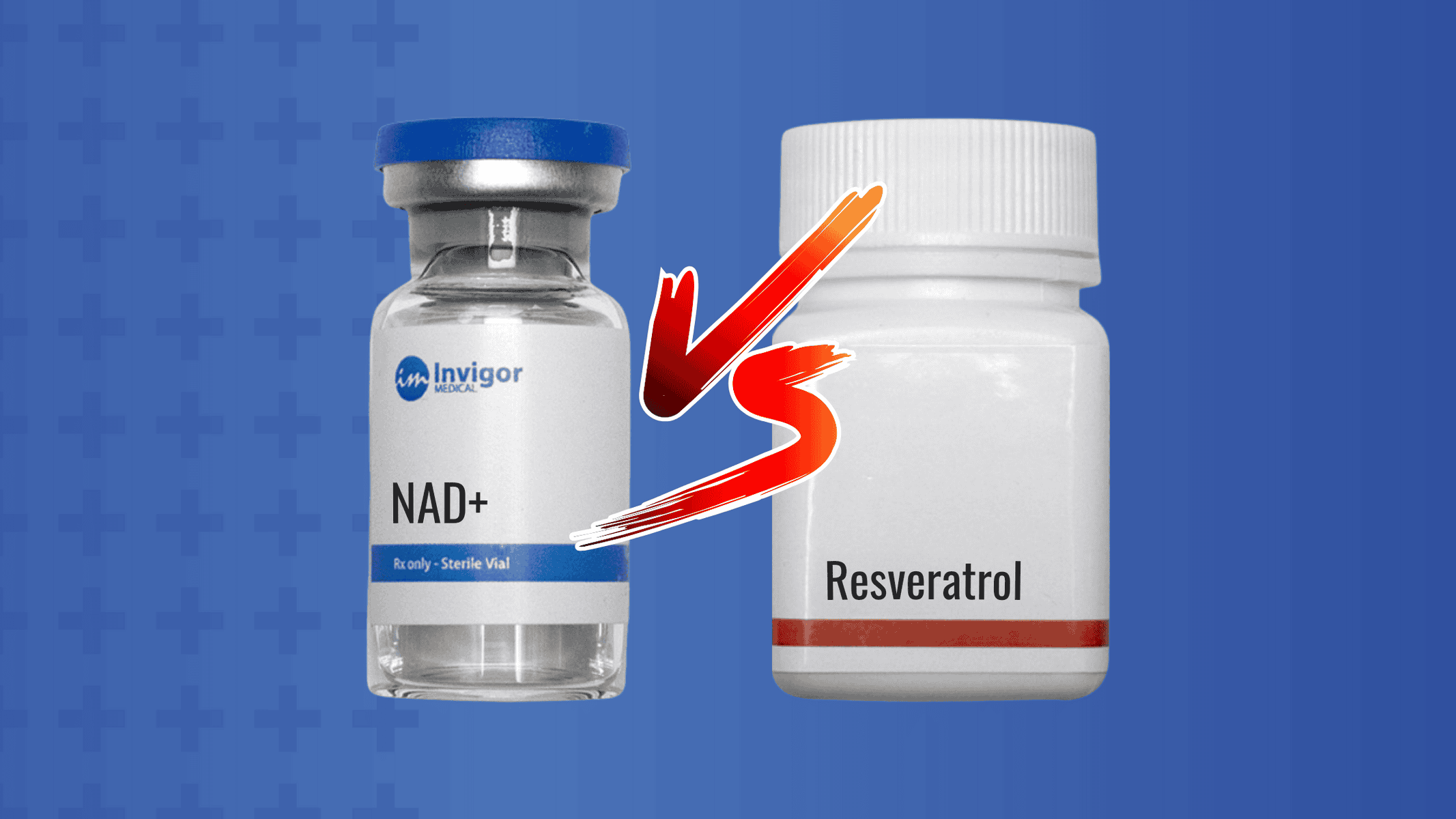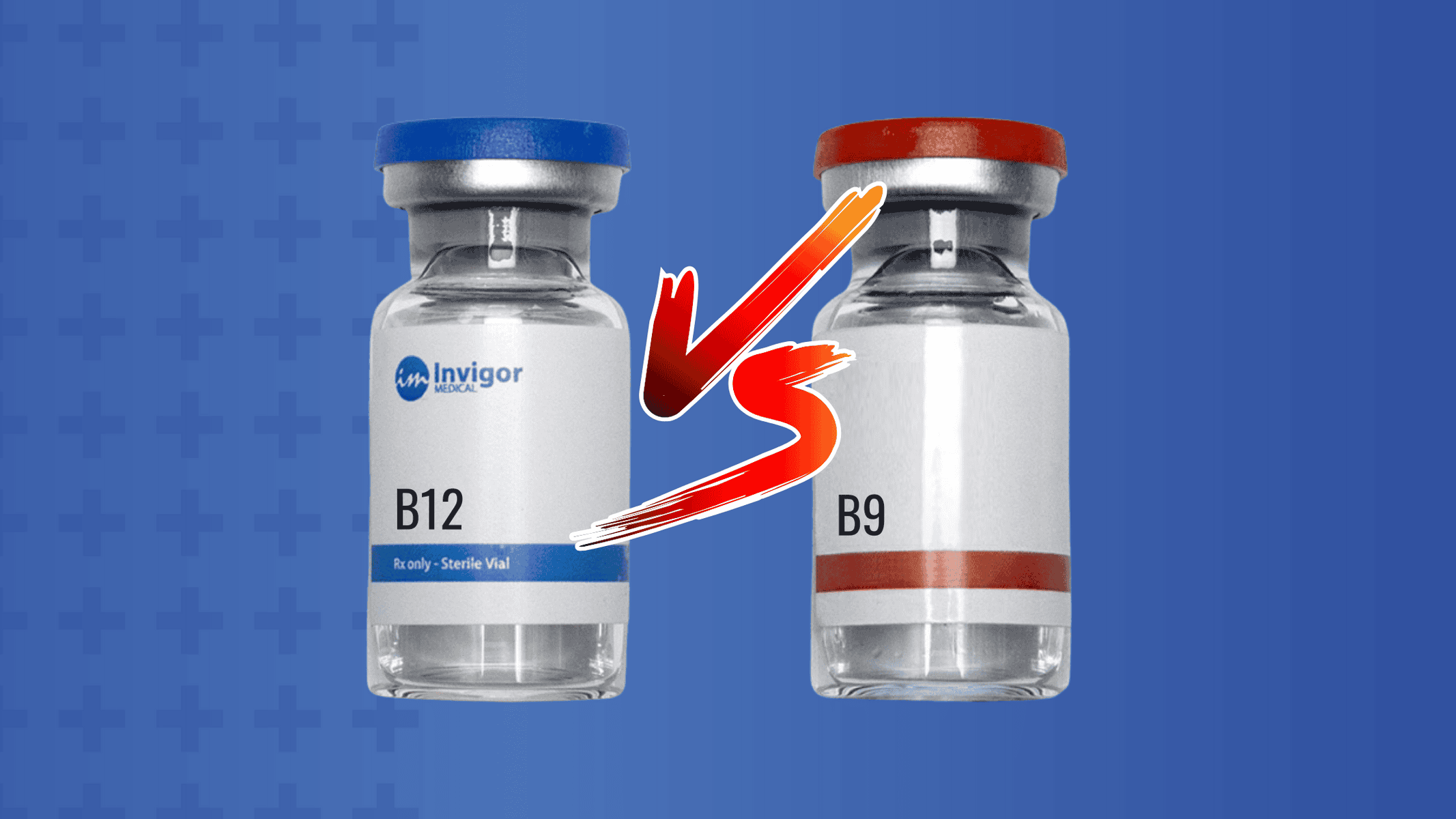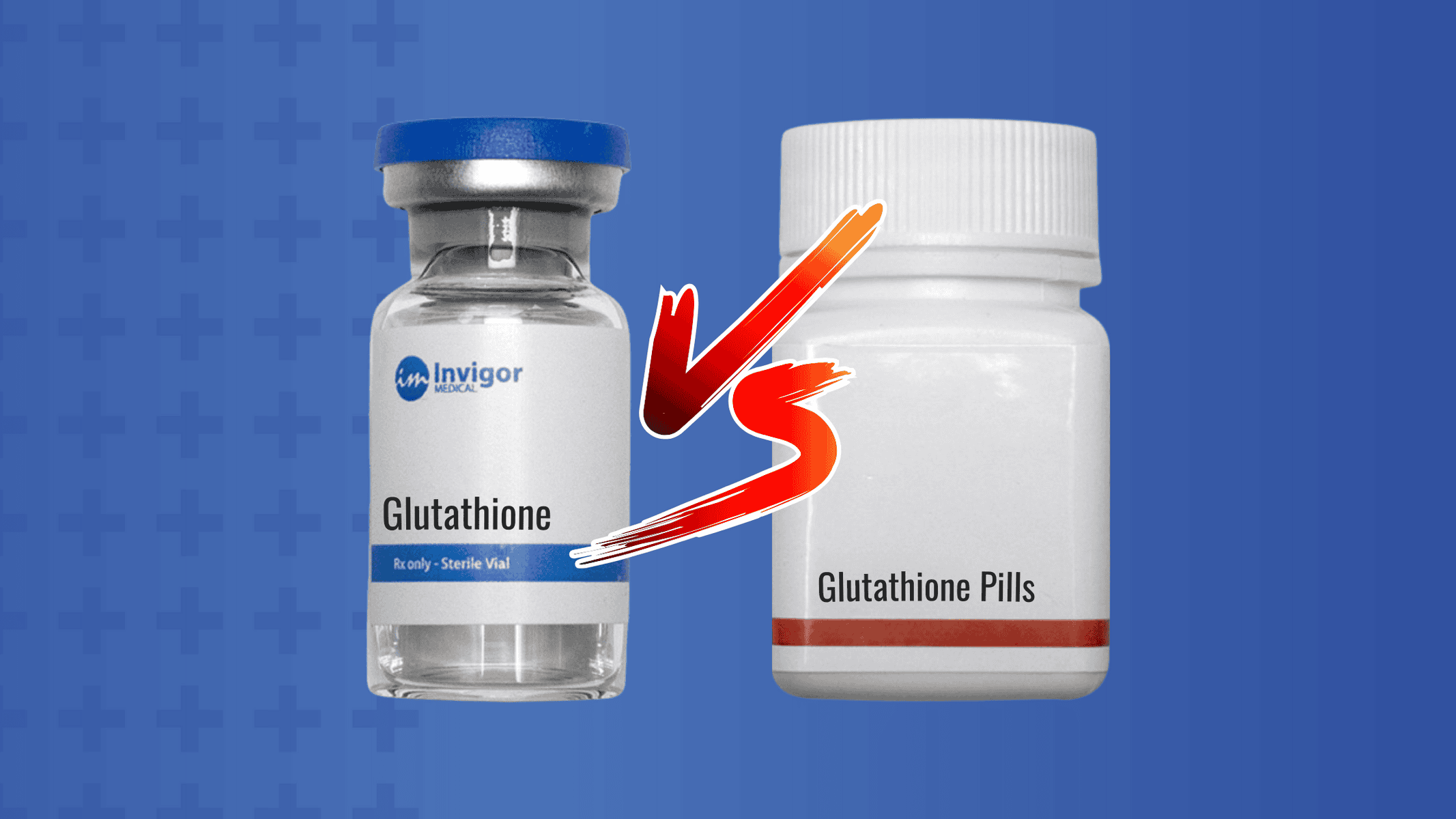Aiming for optimal results with glutathione supplementation? Making certain choices can help you maximize its absorption and function in your body. Below, explore key factors to avoid and additional ways to enhance your body’s natural glutathione stores.
Take a quiz and get personalized health support
Table of Contents
What is Glutathione?
Glutathione is called the “master antioxidant” and not without reason. It is used by every cell in the body to detoxify toxins, whether they are byproducts of metabolism, drugs, or environmental toxins. As we age, are exposed to environmental toxins, and eat a poor diet, this powerful antioxidant decreases.
Glutathione also plays a key role in immune function and helps to break down nutrients for energy. Since it has such an important role in the body, many people choose to supplement with glutathione to help ensure body tissues have the antioxidants they need to operate at peak efficiency.
Glutathione is produced by liver and nerve cells and is made from glycine, L-cysteine, and L-glutamate. These amino acids are consumed in your diet and are produced in the body. Certain foods and lifestyle choices can lower glutathione production and absorption.

What to Avoid When Taking Glutathione
Certain foods, chemicals, and lifestyle choices can negatively impact glutathione production and absorption. Here, we’ll explore what you should avoid while taking glutathione supplements.
Alcohol
Consuming alcohol places a significant oxidative burden on the liver, leading to increased production of free radicals and depletion of antioxidants such as glutathione.
Alcohol-induced oxidative stress not only uses up existing glutathione but may also impair the body’s ability to regenerate it. If you are supplementing with glutathione, avoiding alcohol may help protect your liver and preserve your body’s glutathione reserves.
Smoking
Smoking tobacco is strongly linked to glutathione depletion, especially in the lungs. Cigarette smoke introduces toxins that generate free radicals, increasing oxidative stress and inflammation while reducing the body’s defense against cellular damage. Studies show that older smokers experience a marked decline in lung glutathione, increasing susceptibility to respiratory issues.

Certain Medications
Some medications may reduce glutathione levels or alter its metabolism:
- Acetaminophen (paracetamol): In high or chronic doses, acetaminophen consumes large amounts of glutathione during its detoxification, risking depletion—especially with liver stress.
- Chemotherapy drugs: Many can induce oxidative stress, affecting glutathione reserves. Though some studies suggest that glutathione may help with platinum-related neurotoxicity.
- Immunosuppressants and oral contraceptives: These may also interact with glutathione or its synthesis, though the degree varies per medication.
If you are taking these medications, discuss potential interactions with your healthcare provider, as glutathione supplementation may not be appropriate in all cases.
Aspartame
Research indicates that chronic aspartame intake can decrease glutathione levels in the liver. Mechanisms include impairment of the trans-sulfuration pathway and reduced enzyme activity for glutathione synthesis. This reduction makes the liver more susceptible to oxidative stress and injury.
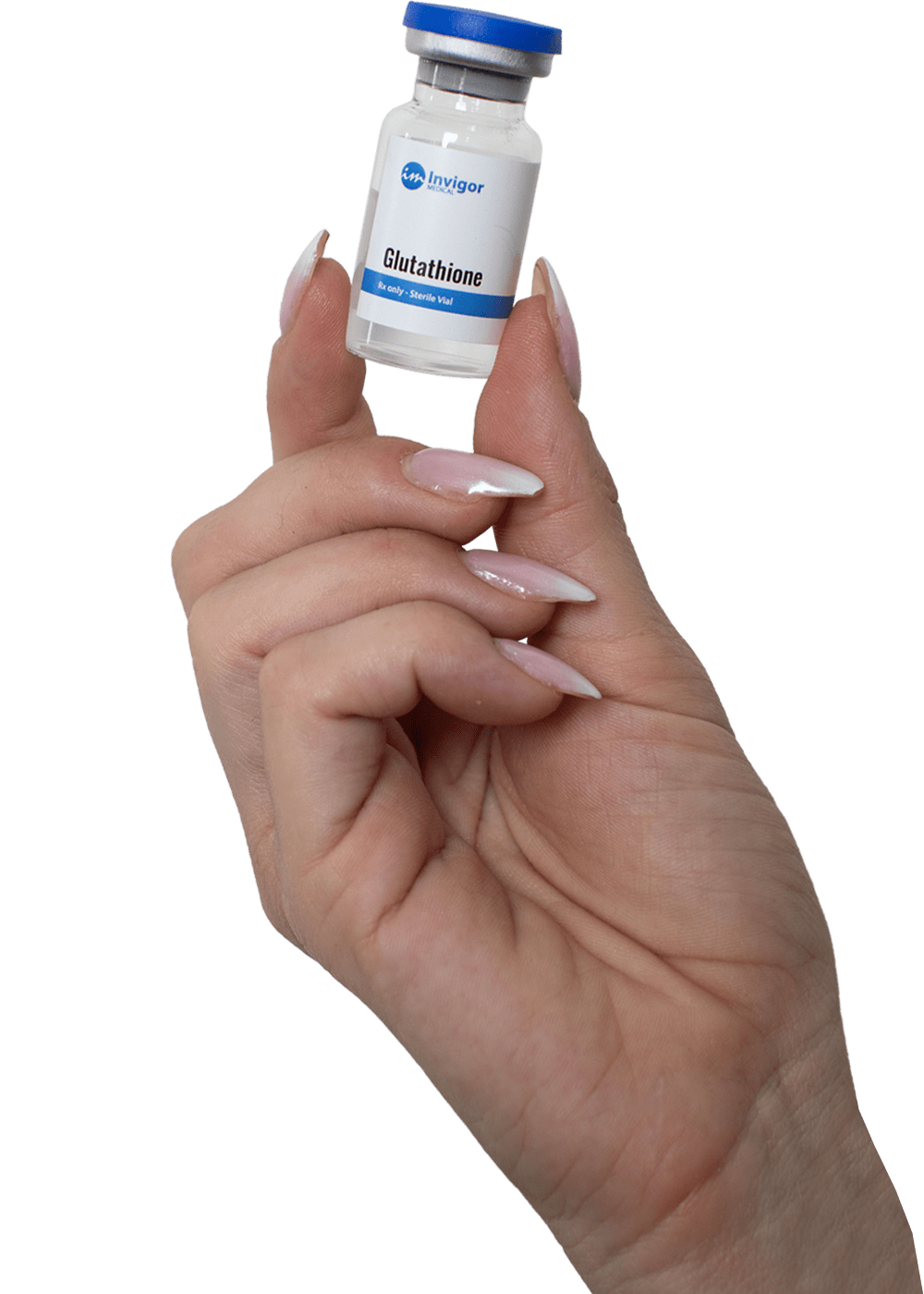
Artificial Dyes
Both natural and synthetic food dyes—especially certain red and yellow dyes—have been shown to cause oxidative stress while altering glutathione enzyme activity. Such exposure may increase lipid peroxidation and further deplete glutathione stores, especially with high or chronic intake.
Heavy Metals
Heavy metals like mercury, lead, and cadmium bind to and are detoxified by glutathione. Consuming or being exposed to heavy metals increases glutathione demand, potentially reducing its overall availability for essential cellular protection. Common sources include contaminated fish, industrial pollution, and some cosmetics.
Nitrates and Food Preservatives
Nitrates (often found in processed meats and some preservatives) not only produce oxidative stress but may also interact with and transform glutathione into its oxidized form. This may lower antioxidant protection and can damage liver cells. Limiting nitrate-rich processed foods may help preserve your glutathione status.
Ways to Enhance Glutathione Supplementation
In addition to avoiding the factors above, you can support your body’s glutathione production and maintenance by:
- Eating foods rich in cysteine, glycine, and glutamate: These amino acids are essential building blocks for glutathione synthesis. Cysteine (found abundantly in whey protein and some poultry), glycine (present in legumes, spinach, and collagen-rich foods), and glutamate (available in many plant and animal sources) all contribute to glutathione formation.
- Maintaining a healthy lifestyle: Regular exercise and managing stress have protective effects, contributing to the upregulation of antioxidant enzymes and the preservation of glutathione in the body.
- Focusing on a plant-forward diet: Diets rich in fruits, vegetables, and unprocessed foods keep oxidative stress low and support overall antioxidant status.

Potential Side Effects of Glutathione
When considering glutathione supplementation, it is important to understand its safety profile and possible side effects—especially as formulations, dosages, and delivery methods may vary. Most evidence comes from peer-reviewed medical journals and clinical studies, often emphasizing the importance of individualized medical guidance.
Oral and Topical Glutathione
- Generally well-tolerated: Most people taking oral or topical glutathione report only mild, transient side effects. The most common are gastrointestinal complaints such as flatulence and loose stools. These effects are typically short-lived and resolve without intervention.
- Mild skin reactions: Topical use may rarely cause redness, tingling, itching, or acne exacerbation. These symptoms tend to be minor and localized.
- Serious side effects are rare: Rigorous studies have not commonly documented severe adverse events with recommended use by mouth or on the skin.
Intravenous and Injectable Glutathione
- Higher risk with injection: The intravenous (IV) route is associated with significantly more risk. Documented adverse effects include severe allergic reactions, liver dysfunction, Stevens–Johnson syndrome (a severe skin reaction), abdominal pain, and, rarely, anaphylaxis or kidney injury.
These reactions are uncommon but may be life-threatening, and ID administration should only occur under strict medical supervision. - Regulatory warnings: Health authorities in some countries have issued cautions or advisories against non-hospital IV glutathione due to these risks.
Other Reported Adverse Events
- Abdominal discomfort: A small minority of users have described mild abdominal discomfort with glutathione use.
- Skin changes: There is some theoretical concern that prolonged use (especially for skin-lightening) may alter melanin production, with possible implications for skin health and increased skin cancer risk, although definitive long-term data are lacking.
- Hormonal and organ effects: Rare cases of altered thyroid function, abnormal liver enzymes, and ovary changes have been reported in animal studies or clinical settings using parenteral (injectable) glutathione.
Special Considerations
- Allergic Reactions: Like any supplement, glutathione has the potential to trigger allergic responses, particularly in individuals with a history of sensitivities.
- Combining with other therapies: Pairing glutathione (especially by IV) with high-dose vitamin C has been linked to kidney stone risk in susceptible individuals.
Explore the Possibilities of Glutathione
If you’re interested in the potential antioxidant benefits of glutathione, consider consulting with an Invigor Medical qualified professional. By offering high-quality supplementation with compassionate customer service, Invigor Medical helps you optimize your health journey.
